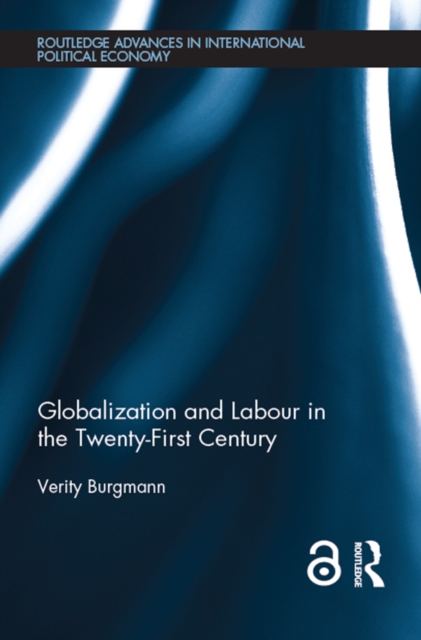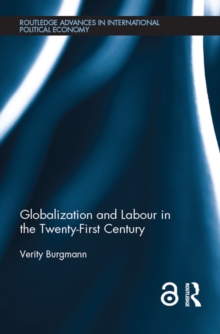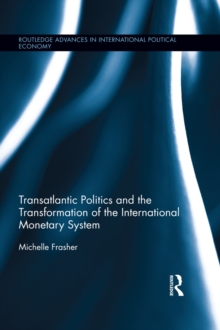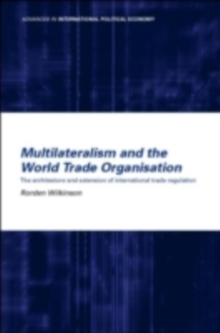
Globalization and Labour in the Twenty-First Century EPUB
by Verity (Monash University, Australia) Burgmann
Part of the Routledge Advances in International Political Economy series
EPUB
Description
The Open Access version of this book, available at http://www.tandfebooks.com, has been made available under a Creative Commons Attribution-Non Commercial-No Derivatives 3.0 license.Globalization has adversely affected working-class organization and mobilization, increasing inequality by redistribution upwards from labour to capital.
However, workers around the world are challenging their increased exploitation by globalizing corporations.
In developed countries, many unions are transforming themselves to confront employer power in ways more appropriate to contemporary circumstances; in developing countries, militant new labour movements are emerging.
Drawing upon insights in anti-determinist Marxian perspectives, Verity Burgmann shows how working-class resistance is not futile, as protagonists of globalization often claim.
She identifies eight characteristics of globalization harmful to workers and describes and analyses how they have responded collectively to these problems since 1990 and especially this century.
With case studies from around the world, including Greece since 2008, she pays particular attention to new types of labour movement organization and mobilization that are not simply defensive reactions but are offensive and innovative responses that compel corporations or political institutions to change.
Aging and less agile manifestations of the labour movement decline while new expressions of working-class organization and mobilization arise to better battle with corporate globalization. This book will be of interest to students and scholars of labour studies, globalization, political economy, Marxism and sociology of work.
Information
-
Download - Immediately Available
- Format:EPUB
- Pages:272 pages
- Publisher:Taylor & Francis Ltd
- Publication Date:14/04/2016
- Category:
- ISBN:9781317227823
Information
-
Download - Immediately Available
- Format:EPUB
- Pages:272 pages
- Publisher:Taylor & Francis Ltd
- Publication Date:14/04/2016
- Category:
- ISBN:9781317227823










